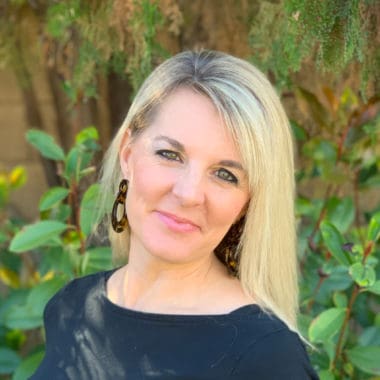This Present Paradise
A Series of Reflections on St. Elizabeth of the Trinity
(Start with part 1 here.)
Finally.
Elizabeth turned 21 years old and turned toward the convent, at last open to her, as her mother had promised. The last weeks before her entrance on August 2, 1901, were full of intense emotion and many goodbyes, visits, and farewell letters. And then, suddenly, there it was: the last dinner, the last evening in her home. The night before she was to enter, her mother came into her room and knelt by her bed, overcome with grief. Even as they cried together, Elizabeth told her that she simply had to respond to the call of her Beloved, who finally had said, it is time.
In the Gospel, Jesus had just watched the rich young man walk sadly away, unable to leave everything in order to follow Him, when Peter spoke up, reminding the Lord that they had given up everything to be His disciples. Jesus looked at the fisherman without nets, without a boat, without a livelihood. He looked at James and John who had walked away even while their father watched, wondering, from the lonely shore. And knowing that they were just the first of many who would make hard, hard decisions, who would sever ties and say goodbyes and with twisted stomachs and broken hearts leave good things for better ones, He said this:
And everyone who has left houses or brothers or sisters or father or mother or children or lands, for my name’s sake, will receive hundredfold, and inherit eternal life. -Matthew 19:29
The convent was right around the corner but it was a world away, literally, it was removed from the world to pray for the world, set apart to extend the prayer of Jesus that in Him, all would be one. (Jn17: 21) But such single-hearted unity requires a radical slicing away of everything else. Isn’t that so typical of the Christian walk? Death is life, loss is gain, to be last is to be first. Nothing is as it seems. And so Elizabeth left her family and her friends in order to be, with Christ, totally for them.
Just hours before she left her home for the last time, Elizabeth wrote to Canon Angles, the priest who had received her secret, whispered wish so many years ago: “I want to be a nun!” Now he would unfold her letter to read:
“I love my mother as I have never loved her, and at the moment of consummating the sacrifice which will separate me from these two beloved creatures who are so good and whom He has chosen for me if you knew what peace is flooding my soul! I am no longer on earth, I feel that I am all His, that I am keeping nothing for myself, I am throwing myself into His arms like a little child.”
And so she left that morning with her mother, her sister, and a few friends for one final Mass at the convent chapel together. Afterward, the door to the enclosure opened and Elizabeth walked in alone. She had heard him say, follow me, and now she joined that group of fishermen who stood with Him in Judea, empty-handed and yet set to inherit all the promises.
As her mother and sister walked slowly home, supported by their closest friends, they too—whether they knew it or not—were being covered in grace. It had been a hard, wrenching thing, this giving away of someone so lovely inside and out, who had become so steady, so loyal, so full of God. But what does He ever take away without giving more in return? The ones behind, the ones who watch from the shore—they are not forgotten, either. They make a sacrifice, too, and still have to face the world but face it now a little more alone. Elizabeth was sensitive to this.
“Oh! If you knew how much I love you,” she wrote a week later to her mother. “It seems to me that I will never be able to thank you enough for letting me enter this dear Carmel where I am so happy. It’s partly to you that I owe my happiness, for you surely know that if you had not said “yes,” your little Sabeth would have stayed close by you. Oh! My little mother, how the good God loves you, if you could see what tenderness He looks on you!”
I imagine her mother, hands shaking, reading and re-reading the familiar handwriting. Trying to be happy. But sacrifice is hard; it is always hard or it is not a sacrifice. “What should I give up for Lent?” my children asked this year, wondering if they could give up candy—but not chocolate. I meet their gaze, and they know. It’s not Lent if it is not difficult. It’s not really living if it is not hard. There is a great severing at the end of life, and each little death is just a practice for the one that really counts.
Even as I type this, I find myself wondering, what is God wanting me to release my grasp of? What is important to me that isn’t Him? We all find ourselves at one time or another, kneeling before the Good Master, eager and full of hope and joy and wanting to follow Him, only to realize that we are held back by something to which we’ve tethered ourselves. And there comes the moment—terrible and yet beautiful and the one we were created for—the moment we must slice the string, drop the nets, and choose Christ.
Read part 20 here.
Image courtesy of Unsplash.




